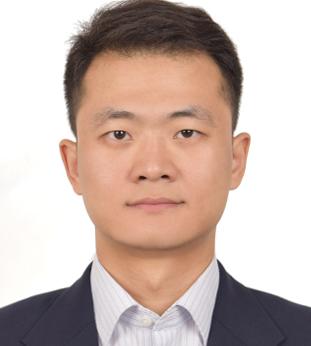One of the initial plenary sessions at the 2011 Boao Forum for Asia focuses upon “Certainties and Uncertainties” for the global economy. A few of us who have been invited to speak on this subject have been asked to help frame the debate for the 1,500 participants. The theme of this year’s gathering is “Inclusive Development: Common Agenda & New Challenges” and among the participants are President Hu and the other four BRICS leaders. Flying to Hainan, I sat with a senior official from SE Asia who recognized my name as a speaker. He questioned me how anyone can be expected to focus in a short presentation on such a vast topic. I told him that my approach was rather simple– there are precious few certainties left today. They include death and paying taxes—together with recognition that our age is one principally defined by dramatic technological innovation, global interconnectedness and uncertainty. In fact, the first two are dramatically contributing to the third—the high degree of uncertainty that hangs over all of us.
This point is reinforced by the very themes of key sessions for this Boao Forum — “G20 at the Crossroads”; “Avoiding the Middle Income Gap”; “Rethinking Education”; “Risk Management”; “Global Shift of Industries”; and “Inflation, Deflation & Stagnation”. This realistic agenda does what all of us must do—accept and learn to live in this hyper paced world of uncertainty. I explained to my airline mate that the remarkable thing about technology is that it is such a powerful positive force for change in our lives starting from the advances in medicine that will make us live much healthier and longer lives. Unthinkable conveniences will benefit our lives, while technology gives humankind opportunities to solve severe horizon problems like the projected global water shortage. Cyberspace itself offers unthinkable benefits. Internet Protocol version 6 (IPv6) will provide individuals with the opportunity to connect everything important to them—appliances, vehicles, nanotechnologies in their bloodstream– even a piece of fruit. The efficiencies and market implications are beyond anything any of us today can imagine.
At the same time, the arena of the most significant vulnerabilities is also expanding driven by technology and the spread and sharing of information. Areas like cybersecurity are increasingly critical to the stability of the global digital economy—from the fragility of the undersea digital cable “spine” to rampaging criminal high-tech activities that are being likened to the early era when European powers began their “colonization policies”. In fact, I would argue that today we are witnessing the early days of the “colonization of cyberspace” by criminals worldwide. Will our law enforcement and the policy worlds be able to come to grips with the ever widening delta between themselves and the technology community on one hand and the cyber criminals on the other? The answer is highly uncertain.
The global community must also find better ways to deal with “tail end” events. The respected Chief Technology Officer of the EastWest Institute, Karl Rauscher argues: “In a statistical distribution of likely events and their impacts, we are most prepared for the usual… but as we continue to reap benefits of sophistication and complication, we become more dependent and exposed to massive cascading failures that cross sectors and regions”. In fact, in recent months we have seen this play out with the terrible earthquake and tsunami disasters in Japan and the Gulf of Mexico oil spill. Most of the world’s critical infrastructure and technological expertise lies in private sector hands. Decisions are often made at micro-level without sufficient awareness at the macro-level for what could happen as a result. Politicians and officials are increasingly unable to plan and look to the horizon—although it is clear that those that do plan will have advantages in this 21st century. The bottom line is that we must have proactive approaches to address failure modes we have not yet experienced. The consequences of not doing so will be severe.
There are infinitely more examples. Suffice it to say that a big ‘certain thing’ in this age of uncertainty is that the international community-each of us– must step up and embrace a wide range of uncertainties. Ironically, these represent both the fundamental building blocks and the chief risks to the global economy and therefore to peace and stability in Asia and the world in the coming years.
John Mroz is President of the EastWest Institute.

